Home > Projects
100 Year Plan Today (100YPT) aims to organize, develop and deliver community solutions through focused commercial Special Purpose Vehicles (SPVs) that deliver affordable Home Ownership, Education, Health, Sustainable Energy and other priority foci i.e Food, Water and Environmental Management. This model underpins the local, regional and national economy and will attract significant foreign direct investment (FDI).
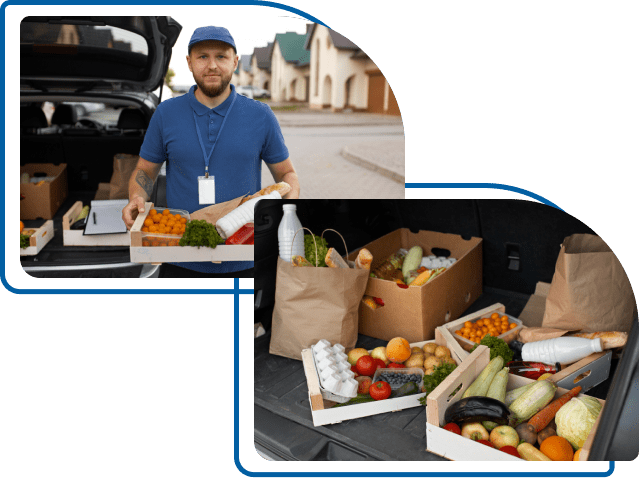
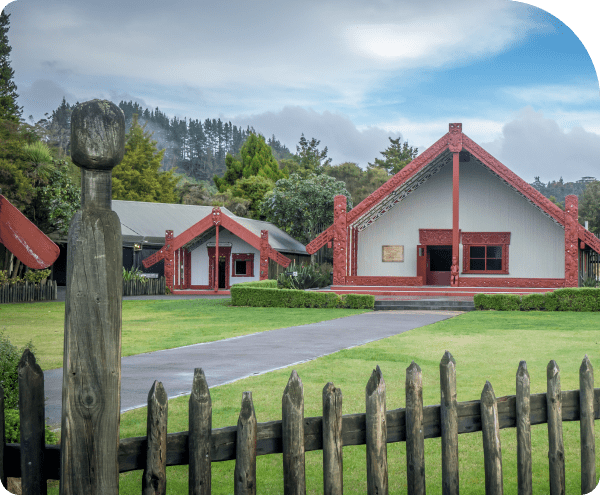
Affordable housing solutions

Decentralized health wards and remote monitoring
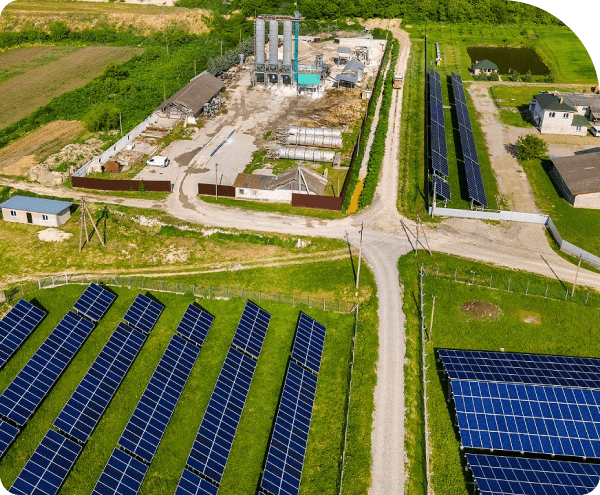
Microgrids and energy saving initiatives
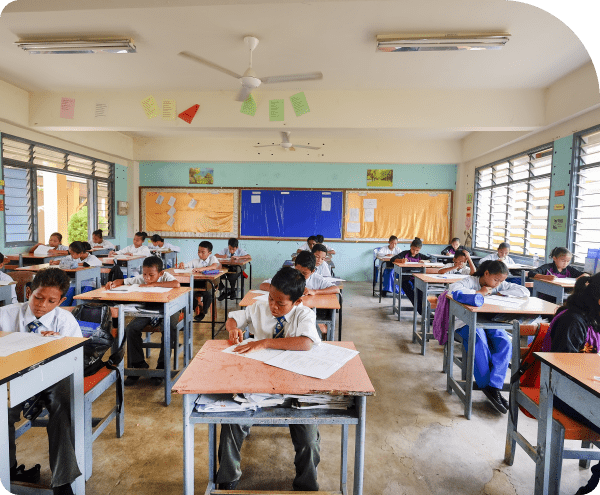
Skills development for community growth
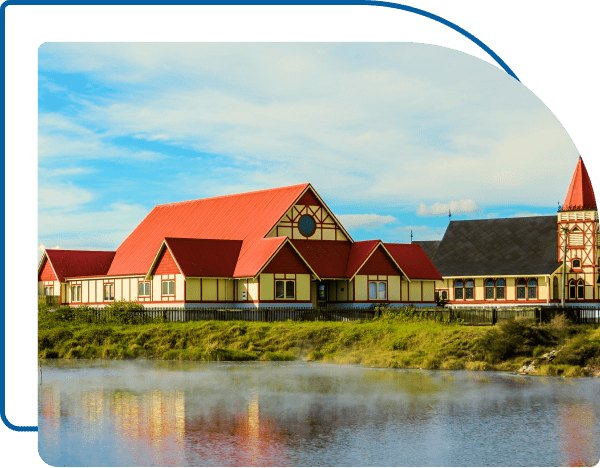
Our commercial model attracts foreign direct investment to deliver 5000 new homes per cycle (24-36 months)
a process that can be repeated continuously. This innovation will kickstart a cycle of house building and repeat financing to meet the needs of families seeking a guaranteed route to ownership.
Phase 1: Feasibility study investment of $NZ 15M attracts the FDI investment required to fund the delivery of the first cycle 100YPT projects with a focus on first homes.
Total Investment
Phases of Feasibility Study
Home Finance
Education
Healthcare
Sustainable Energy
Water Management
Phase 1
Feasibility Study
$5,000,000
$4,000,000
$2,000,000
$2,000,000
$2,000,000
$15,000,000
Total Investment in Partnerships Phase 1 (1 – 12 months)
Phase 2
Scale Up
$1,000,000,000
$77.000,000
$54,000,000
$450,000,000
$10,000,000
$1,591,000,000
Total Investment in Partnerships Phase 2 (13 – 24 months)
100YPT execution is across two stages
Feasibility 6-12 months deliver a
feasibility study
Scale up 13-24 months investment is secured towards the first 5000 homes target
100 Year Plan Trust is asking for collaboration to enable equitable and sustainable homeownership on scale: uniting private sector, local communities, and government.
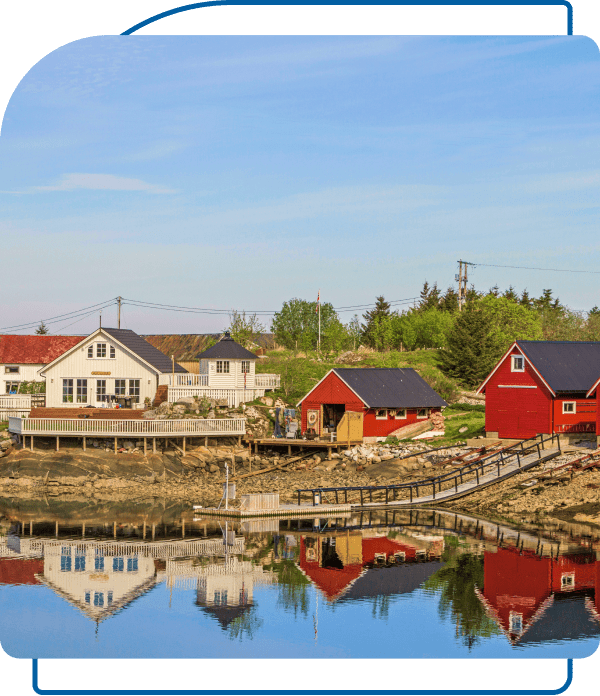
Join our community and stay updated on our latest projects, insights, and initiatives.
The 100 Year Plan Today Trust (100YPT) is dedicated to empowering Māori and Pasifika communities through sustainable housing, healthcare, and education initiatives. By eliminating barriers to essential resources, we aim to create lasting positive change and promote self-sufficiency. Our integrated approach fosters partnerships and community involvement, ensuring that solutions are culturally relevant and impactful.